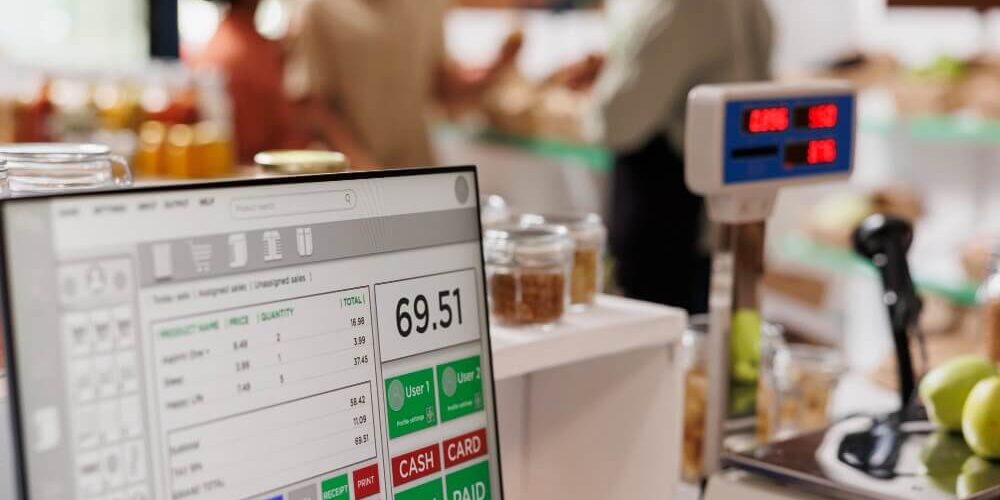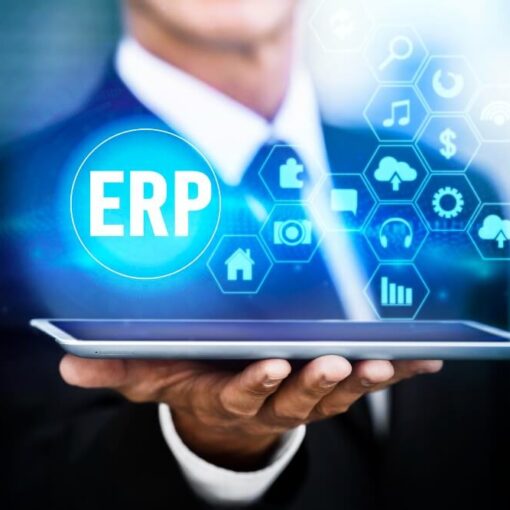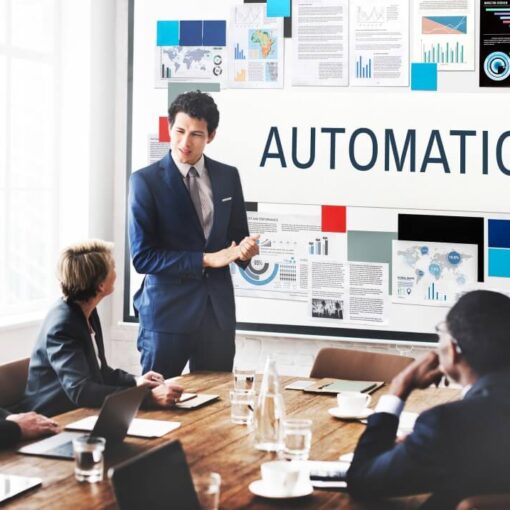The retail industry is changing faster than ever, with customer expectations growing and competition intensifying. In such a dynamic landscape, efficiency and accuracy are crucial to stay ahead. One area where retailers often struggle is billing, which can be time-consuming, prone to human errors, and costly when done manually. These inefficiencies can lead to customer frustration, financial losses, and difficulty scaling operations. But what if there was a way to eliminate these problems and streamline the process? Enter automated billing. By leveraging technology, retailers can save time, reduce errors, and provide a smoother experience for customers. Retail Industry should automate billing because it is not just a smart choice but an essential step for retailers looking to thrive in today’s market.
Current Billing Challenges in Retail
Manual billing processes, while familiar, often come with their own set of challenges. Human errors are common, especially when handling large volumes of transactions. From incorrect pricing to misapplied discounts, these errors can lead to financial losses and frustrated customers. Manual billing is also time-consuming, slowing down checkout processes and creating longer lines in stores or delays in online transactions. Additionally, the administrative burden of manually managing invoices, receipts, and payments can take a toll on a business’s productivity.
These inefficiencies don’t just impact day-to-day operations; they can hinder long-term growth. Retailers struggling with outdated billing systems often face difficulties scaling their business or handling high transaction volumes, ultimately losing competitiveness in the market.
What is Automated Billing?
Automated billing is the use of software to manage the entire billing process—from generating invoices to processing payments. Unlike manual systems that require employees to input information, automated billing systems handle all these tasks seamlessly and in real-time. They integrate with existing retail systems, such as point-of-sale (POS) systems and customer relationship management (CRM) platforms, ensuring that all transactions are tracked accurately.

Key features of automated billing include real-time invoicing, automated payment reminders, recurring billing for subscription-based businesses, and instant payment tracking. By automating these tasks, retailers can eliminate the delays and errors commonly associated with manual processes.
10+ Key Considerations Why Retail Industry Should Automate Billing
Cost Savings
One of the most significant benefits of automating billing is the cost savings it brings. Automation reduces the need for manual labor, allowing businesses to operate more efficiently. Fewer employees are required to handle billing tasks, which frees up resources for other critical functions like customer service or sales. Additionally, the streamlined billing process reduces costly errors, such as overcharging customers or missing payments, ultimately boosting the bottom line.
Error Reduction
Manual billing often involves human errors, especially in data entry, which can lead to billing inaccuracies and financial discrepancies. Automating the billing process removes the need for manual data input, minimizing the risk of errors. Automated systems ensure that prices, discounts, taxes, and other variables are consistently applied, leading to more accurate billing records. This not only protects the business’s revenue but also builds trust with customers who appreciate accurate, transparent transactions.
Improved Accuracy
Automated billing helps ensure that all transactions are accurately recorded and consistently tracked. With precise revenue tracking and well-organized billing cycles, retailers can confidently manage their finances. The accuracy provided by automation also reduces the chances of disputes over incorrect charges, leading to fewer customer complaints and better overall business performance.
Visibility

Another key advantage of automated billing is the increased visibility it offers into financial operations. Automated systems provide real-time access to billing data, making it easier for managers and stakeholders to review and track transactions as they happen. This visibility ensures that everyone in the business who needs access to financial information, from the finance team to upper management, can retrieve accurate, up-to-date data with just a few clicks.
Scalability
As businesses grow, so do their billing requirements. Whether expanding product lines or customer bases, manual billing systems may struggle to keep up. Automated billing, on the other hand, scales effortlessly. It can handle a larger volume of transactions without compromising accuracy or speed. This scalability ensures that businesses can grow without being held back by inefficient billing processes.
Demand and Supply Planning
Billing automation isn’t just about processing payments. It also plays a crucial role in demand and supply planning. With accurate, real-time data at their fingertips, retailers can better forecast demand and manage their inventory. Automated billing systems can flag exceptions, such as low stock levels or unusual transaction patterns, allowing businesses to adjust their supply chain strategies accordingly. This leads to improved efficiency in managing both inventory and customer demand, resulting in fewer stockouts and overstocks.
Broader Benefits of Automating Billing in Retail
Enhanced Customer Experience

In the retail industry, customer experience is king. Automated billing systems contribute to faster transactions, reducing long checkout lines and wait times. For online retailers, this means quicker payment processing, allowing customers to complete their purchases with ease. By providing a seamless, efficient payment experience, retailers can boost customer satisfaction and encourage repeat business.
Efficient Resource Allocation
With automated billing systems handling routine tasks, employees can focus on more important activities, such as engaging with customers or managing inventory. This efficient use of resources improves overall productivity and allows businesses to allocate their workforce more strategically.
Compliance Support
Staying compliant with tax regulations and financial reporting requirements is crucial for retail businesses. Automated billing systems help by ensuring that all tax rates and laws are applied accurately to each transaction. This reduces the risk of non-compliance and helps retailers avoid costly penalties.
Real-Time Data and Reporting
Automated billing provides instant access to detailed reports on sales, revenue, and customer trends. This real-time data is invaluable for making informed business decisions, whether it’s adjusting pricing strategies, planning promotions, or forecasting future sales. Additionally, automated systems can generate reports at the click of a button, saving time and effort compared to manual report generation.

Impact of Automated Billing on Business Growth
As businesses scale, the need for efficiency becomes even more crucial. Automated billing systems support business growth by streamlining processes and ensuring that businesses can handle increasing transaction volumes without sacrificing accuracy. Automation also supports omnichannel strategies, allowing businesses to integrate both online and offline retail experiences seamlessly. Whether a customer is making a purchase in-store, online, or via a mobile app, automated billing ensures that the process is fast, accurate, and consistent.
By adopting automated billing, retail businesses position themselves for long-term success. Not only does automation improve operational efficiency, but it also provides the scalability needed to expand and compete in today’s market.
Conclusion
The retail industry should automate billing because it offers numerous advantages, from cost savings and error reduction to improved accuracy and scalability. With real-time data, better visibility, and enhanced customer experiences, retailers can operate more efficiently while boosting their bottom line. As the retail landscape continues to evolve, automation is no longer just a nice-to-have; it’s an essential tool for staying competitive and meeting customer expectations.
If your retail business is still relying on manual billing processes, now is the time to consider making the switch to automation. The benefits are clear, and the future of retail depends on businesses adapting and growing with the help of efficient, scalable systems like automated billing.





